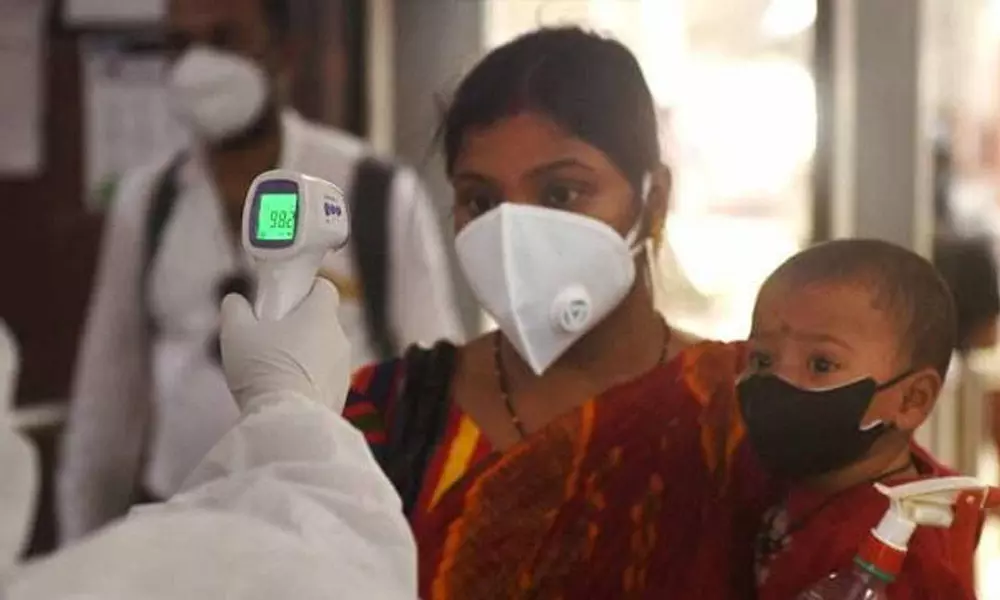Bengaluru Scientists create coating that stops coronavirus from binding to clothes

Scientists in Bengaluru have developed a textile coating that can stop the novel coronavirus from adhering to cloth, protective gear, gowns and other surfaces.
Bengaluru: Scientists in Bengaluru have developed a textile coating that can stop the novel coronavirus from adhering to cloth, protective gear, gowns and other surfaces. The germicidal molecule may provide frontline healthcare workers better protection amid the pandemic.While the chemical compound — based on quaternary ammonium salts — has been showing good lab results at two Bengaluru-based research centres, scientists are in talks with chemical manufacturing companies to scale up production of this compound."It is a germicidal coating which has shown resistance to the virus by neutralising bacteria or viruses when applied on fabrics. It neutralises anything that has a membrane, and all bacteria and a large number of viruses have membranes," said Prof Satyajit Mayor, Director at the National Centre for Biological Sciences (NCBS) told CNN-News18.
However, scientists said that it is imperative to calculate the extent of its use before an official announcement to prevent creating "a false sense of security."
However, Mayor said, "If it turns out as effective as we suspect it would, then it is easily deployable and it can continuously inactivate the virus."While the chemical coating might not help patients who have already been infected by the virus, the advance aims to mitigate the risk of spreading from material surfaces like cloth. It might become useful, especially for healthcare and sanitation workers and save them from contracting the deadly virus.Dr Praveen Kumar Vemula, Association Professor at the Institute for Stem Cell Science and Regenerative Medicine (InStem) and lead researcher of the study, says that there are two ways to use the coating.
"One is through the molecule which is in a solution form. The solution can be applied on cloths like masks or coats and then put on a heat treatment which helps the molecules get attached.
Two, a fabric which has been pre-attach to this compound can be given to manufacturers who stitch them into gloves or coats. We have found in our studies that the molecule stays efficient with at least 25 rounds of the washing cycle," he said.














